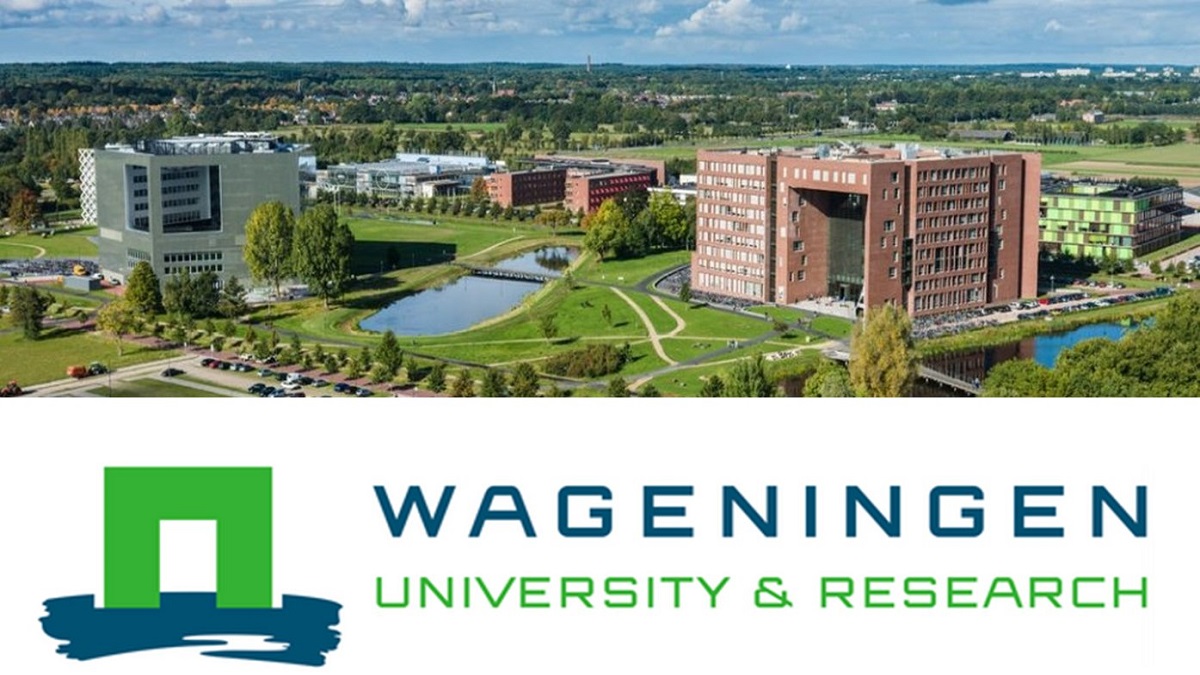
The main research question is how soil organic matter can be managed to reduce pesticide leaching by improving sorption and biodegradation in agricultural soils.
Research challenges: Multiple interrelated processes determine the leaching of pesticides from fields. There is a complex interplay between sorption, which retains pesticides in soils, and biodegradation by microorganisms. Soil organic matter is central to this interplay. Soil organic matter quantity and quality determines sorption, supports biodegradation processes, and improves water holding content of soil, thereby reducing leaching of pesticide containing water. However, we currently insufficiently understand this interplay between specific organic matter types, specific soil types, and pesticide sorption and biodegradation. By investigating this interplay on lab, mesocosm, and field scale, we aim to attain a more fundamental understanding of the role that organic matter plays in pesticide sorption and biodegradation. This foundation is used to explore how soil amendment with different organic matter sources can reduce pesticide leaching.
Objectives and methodology: The main research question is how soil organic matter can be managed to reduce pesticide leaching by improving sorption and biodegradation in agricultural soils. The research approach aims to first understand the mechanisms by which different soil organic matters support sorption and biodegradation and establish the kinetics of these reactions.
Here, we particularly investigate the role of different soil organic matter qualities have on sorption and biodegradation processes. These results are subsequently upscaled in mesocosm experiments simulating leaching to compare the kinetics of pesticide sorption/biodegradation with leaching rates. Finally, organic matter amendments are tested to improve pesticide sorption and biodegradation based on an understanding of which soil organic matter qualities select for these processes. Together with soil management strategies, this final select of organic matter sources contributes to nature-based solutions for improving the natural capacity of soils to reduce pesticide leaching.
We ask
Students requirements – We are looking for a motivated PhD candidate with a MSc degree in Environmental Technology, Biotechnology, Soil Chemistry, Soil Biology or similar. The candidate should have an affinity for collaboration within the project with partners from agriculture and water agencies, consultancy, and applied sciences. Preference is given to candidates with knowledge of biomolecular tools, organic matter characterization, and sorption phenomena.
We offer
Wageningen University & Research offers excellent terms of employment. A few highlights from our Collective Labour Agreement include:
- sabbatical leave, study leave, and paid parental leave;
- working hours that can be discussed and arranged so that they allow for the best possible work-life balance;
- the option to accrue additional holiday hours by working more, up to 40 hours per week;
- there is a strong focus on vitality and you can make use of the sports facilities available on campus for a small fee;
- a fixed December bonus of 8.3%;
- excellent pension scheme.
In addition to these first-rate employee benefits, you will of course receive a good salary.
More information
Keywords: pesticides, soil organic matter, sorption, biodegradation
Academic Supervisors: Dr. Nora Sutton (Environmental technology, Wageningen University), Dr. Peter van der Maas (VHL)
Wetsus supervisor: Dr. Valentina Sechi (Theme coordinator Soil)
University promotor: prof. Huub Rijnaarts (Environmental technology, Wageningen University)
Applications directly to WUR will not be taken into consideration.
The procedure to apply is written in detail on: https://phdpositionswetsus.eu/guide-for-applicants/.
Only applications that are complete, in English, and submitted via the application webpage before the deadline will be considered eligible.
Guidelines for applicants: https://phdpositionswetsus.eu/guide-for-applicants/
We are
Topic background: Pesticides used in agricultural practices can leach out of fields, contaminating surface water and groundwater, and threatening both ecosystem health and drinking water production. Soil organic matter to a large extent controls the leaching of pesticides. This project focuses on understanding how soil organic matter dictates pesticide emissions in fields and examines which soil organic matter sources could be used reduce pesticide leaching. The research results are nature-based solutions for reducing the emissions of pesticides to water bodies, based on a fundamental understanding of the processes that determine pesticide retention in soil. The research is executed together with agriculture and water agencies consultancy, and university of applied sciences, ensuring that the results can be translated to practice.
Apply now




